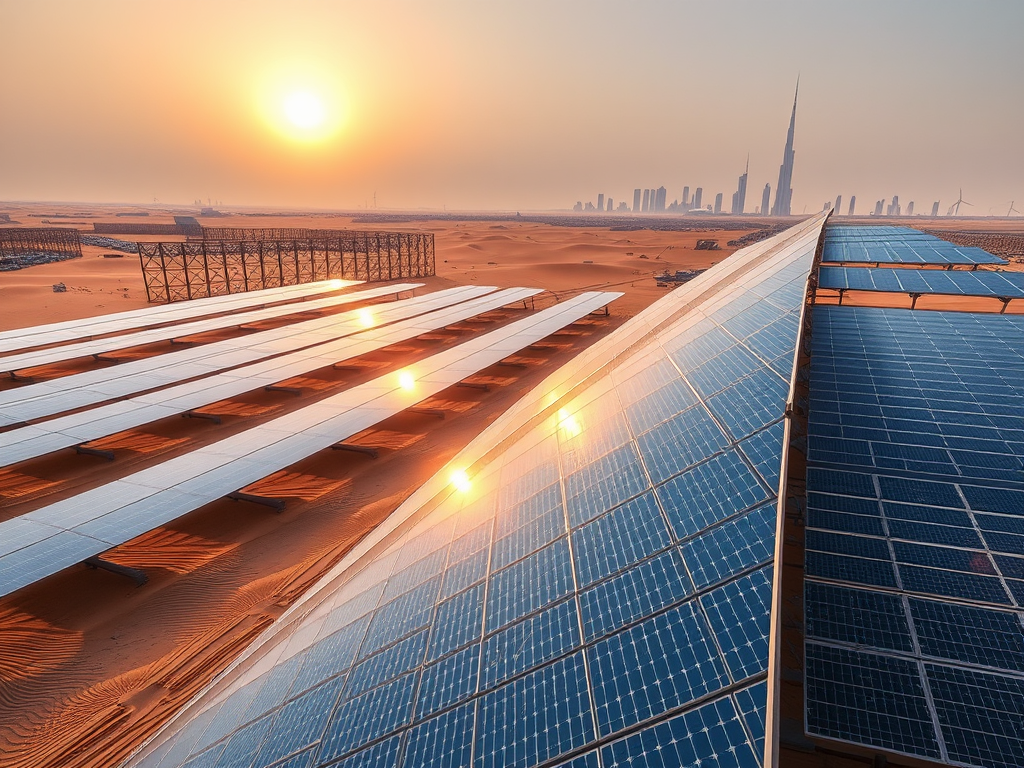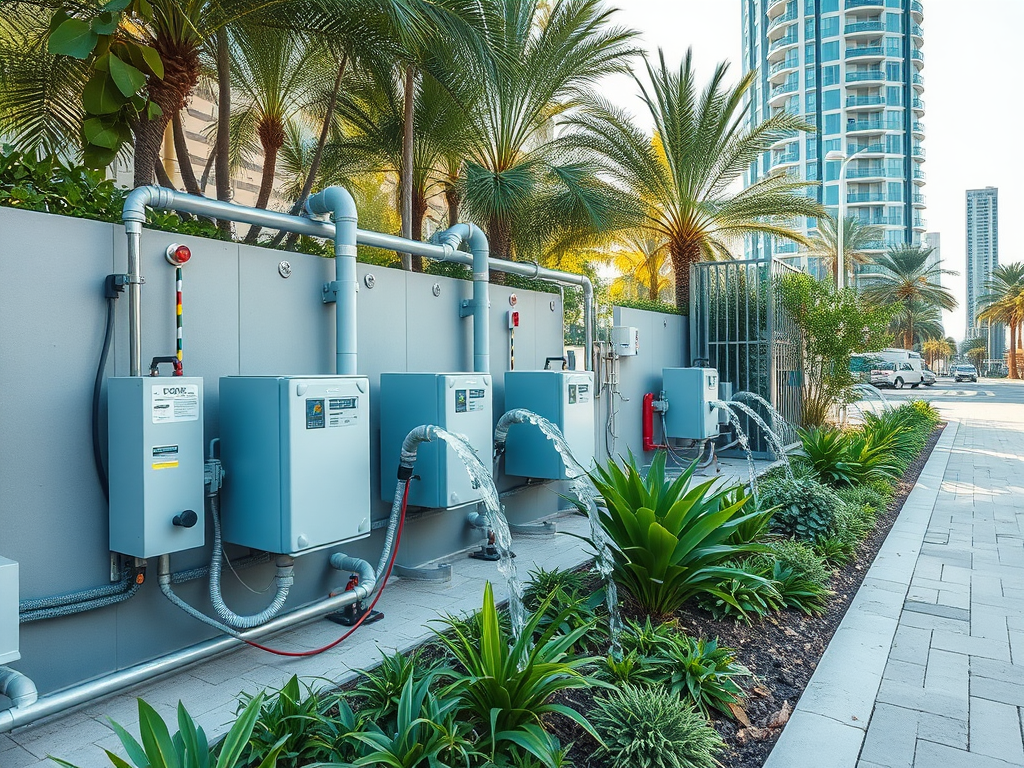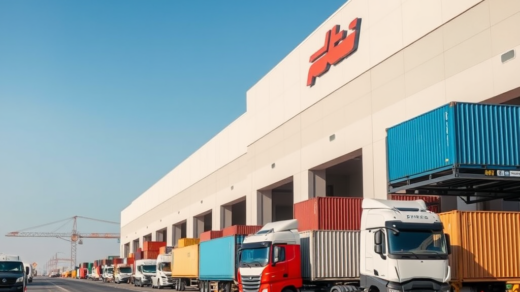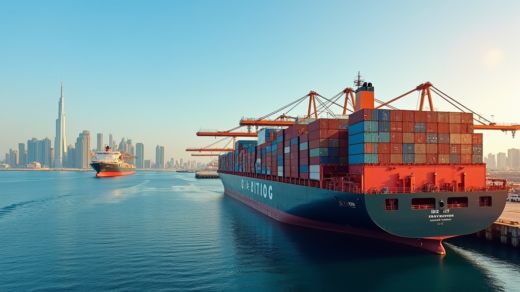Strategies for Sustainable Investment in Dubai
Sustainable investment in Dubai is gaining traction due to the city’s commitment to becoming a leader in sustainable development. Investors are increasingly looking for opportunities that not only yield profitable returns but also positively impact the environment and society. Additionally, the availability of a freelance visa in the UAE has attracted many independent professionals who contribute to innovative and sustainable projects, further enriching the investment landscape. The strategies for engaging in sustainable investment encompass understanding local regulations, identifying eco-friendly sectors, collaborating with sustainable companies, embracing technology, and managing risks effectively. By employing these strategies, investors can ensure their contributions align with Dubai’s broader sustainability goals while also enhancing their investment portfolio.
Understanding Local Regulations and Policies

Dubai has established regulatory frameworks and policies designed to promote sustainability across various sectors. Investors need to familiarize themselves with these frameworks to identify compliant investment opportunities. The UAE Vision 2021 initiative and the Dubai Clean Energy Strategy 2050 aim to ensure that 75% of total power is generated from clean sources by 2050. Key regulations impacting investment include:
- Law No. 24 of 1999 on the Protection and Development of the Environment.
- Green Building Regulations that set sustainability standards for construction.
- Dubai’s Waste Management Policy focused on waste reduction and recycling.
By understanding these regulations, investors can align their strategies with the UAE’s sustainability goals, ensuring a smoother investment process and reduced compliance risks.
Identifying Eco-Friendly Sectors

Investors should focus on sectors that actively contribute to sustainable development. Eco-friendly sectors present lucrative opportunities and align with Dubai’s sustainability agenda. Key sectors include:
- Renewable Energy: Solar and wind energy projects have gained momentum, with Dubai aiming to be a hub for clean energy.
- Sustainable Real Estate: Green building projects and eco-friendly developments enhance urban living while minimizing environmental impact.
- Technology and Innovation: Smart city initiatives and technologies that promote efficiency in resource consumption.
- Water Management: Investments in water conservation technologies that contribute to sustainable water usage.
By concentrating on these sectors, investors can not only generate returns but also support the city’s vision of a sustainable future.
Forming partnerships with companies that prioritize sustainability is a crucial strategy for successful sustainable investment. These collaborations facilitate knowledge sharing, best practices, and innovative solutions. Moreover, sustainable companies often have established expertise in navigating the complexities of sustainable operations, providing investors with valuable insights. When identifying potential partners, consider:
- Companies with established sustainability credentials and certifications.
- Businesses that demonstrate a commitment to Corporate Social Responsibility (CSR).
- Organizations that actively engage in sustainability reporting to track their environmental performance.
Investors can leverage these partnerships to enhance their projects’ sustainability impact while fostering a collaborative environment within the investing community.
Embracing Technology for Sustainable Solutions
The integration of technology into sustainable investment practices has revolutionized how projects are managed and executed. Smart technologies enable better resource management and enhance operational efficiencies, making investments more sustainable. Important technological advancements to consider include:
- Smart Grids: Enhancing energy efficiency and renewable energy integration.
- IoT Devices: Tracking resource consumption in real-time for efficient management.
- Blockchain: Improving transparency and traceability in supply chains.
By harnessing these technologies, investors can anticipate challenges, mitigate risks, and ensure the sustainability of their investments over the long term.
Effective Risk Management in Sustainable Investments
Risk management is essential when pursuing sustainable investments. Investors should adopt strategies to evaluate and mitigate potential risks associated with environmental sustainability. Key steps to consider include:
- Conducting Environmental Assessments: Identifying potential environmental risks before investment.
- Analyzing Market Trends: Understanding how shifts in consumer preferences towards sustainability may impact investment viability.
- Regular Monitoring: Continually assess the sustainability performance of investments to identify areas for improvement.
- Diversifying Investments: Spread risk across various sectors within sustainable investment to minimize the impact of any one factor.
By prioritizing risk management, investors can protect their capital while staying aligned with sustainability objectives.
Итог
In conclusion, sustainable investment in Dubai holds significant promise for environmentally conscious investors. By understanding local regulations, targeting eco-friendly sectors, collaborating with sustainability-focused companies, embracing technology, and implementing effective risk management strategies, investors can make informed decisions that benefit both their portfolios and the environment. As Dubai continues to pursue its sustainability goals, there will be ample opportunities for those willing to align their investments with the city’s vision for a sustainable future.
Часто задаваемые вопросы
1. What are the primary sectors for sustainable investment in Dubai?
The primary sectors include renewable energy, sustainable real estate, technology and innovation, and water management, all contributing to Dubai’s sustainability objectives.
2. How do local regulations affect sustainable investments in Dubai?
Local regulations guide investment practices and ensure compliance with sustainability standards, helping investors navigate the legal landscape effectively.
3. What technologies are impacting sustainable investments?
Smart grids, IoT devices, and blockchain technology are significantly enhancing the management and transparency of sustainable investments in Dubai.
4. Why is risk management critical in sustainable investments?
Risk management helps investors identify and mitigate potential environmental and market risks, ensuring long-term sustainability and protecting capital.
5. How can investors collaborate with sustainable companies in Dubai?
Investors can identify and partner with companies focused on sustainability efforts, leveraging their expertise and resources to enhance investment outcomes.


